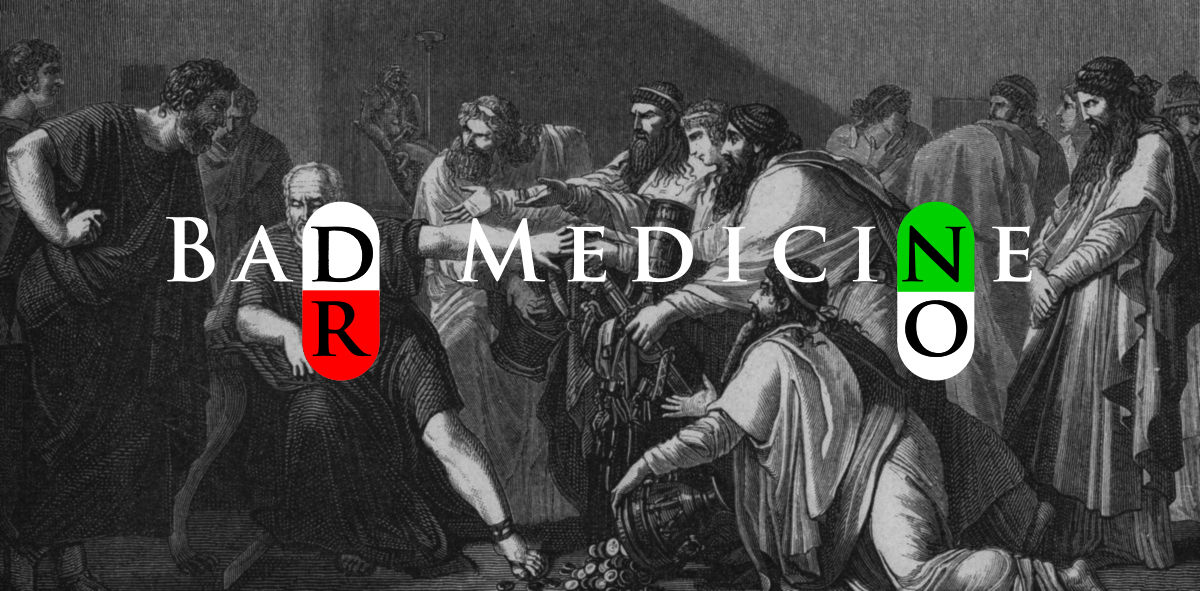Live and Let Die

No doubt Solitaire would have read it in the cards. There are at least three occasions when it has seemed that the unofficial British Establishment response to the covid–19 epidemic has been Live and Let Die. The first was the consideration given to herd immunity, to be gained by letting the epidemic rip through the country. Proponents of herd immunity eschewed back of the envelope sums in favour of numerology and modelling, but others did the sums, noting that if around two thirds of the population got infected, then, even with a low infection fatality rate of say 0.1%, then getting on for half a million people would die — so, better drop that one fast. The second occasion was the abandonment of care homes, and then, to pile Pelion upon Ossa, to seed the care homes with SARS-CoV-2 carried by dumped hospital bed-blocking patients. The third, and still very current, occasion was and is the disproportionate numbers of covid-19 deaths among BAME people in general, and NHS staff in particular.
As usual, the government has bodged both the release of an official investigation into BAME deaths by withholding part of it on dubious grounds of racial sensitivity, prompting the Professor Raj Bhopal, who reviewed the report before publication, to observe enigmatically that ‘a cup of milk takes a lot of work to make, however it only takes one drop of lemon to spoil it’, and the implementation of the recommendations. But the ongoing bodgery and bungling are not the whole story. This is also a story of missed opportunities.
Even in the early days of the epidemic, it became apparent that BAME patients were more at risk. In those now distant early days, the normal patter covering younger deaths was ‘underlying conditions’. Most non-celebrity deaths got a one liner in another news report, if that, apart from one group: healthcare workers. Being ‘heroes’ in the ‘frontline’ gave these deaths an extra poignancy, all the more so because many were described as ‘fit and healthy’, and they often got their own story in the mainstream media, along with a photo of the deceased, and often a link to social media coverage of the death. The striking thing, even back then, was that they were all evidently from BAME backgrounds.
Back on 3rd April, more than two months ago, the Mirror — not Dr No’s normal daily read, but it makes the point — listed the then known six covid–19 deaths in NHS staff. All were BAME patients. Two days earlier, Al Jazeera identified the then four known deaths as Muslims, and again the accompanying photo confirms BAME backgrounds. More recently, these early observations have been confirmed. Ten days ago, the PA news agency reported it had verified the deaths of at least 166 frontline UK healthcare workers with Covid-19 since the start of March this year. Of those, 100, or 60%, were BAME patients; since then, the number has risen to at least 193 (click Health in the left sidebar). Across the NHS, BAME staff make up only 20% or so of the workforce.
One of the key skills in epidemiology is spotting epidemics and their particularities in their early stages. The cost to achieve this is eternal vigilance, to be on the lookout for anything out of the ordinary. Early signs were clearly evident and being reported over two months ago, of excess deaths among a sub-section of the BAME community, and yet it has already taken over two months for the disproportionate number of BAME deaths to become mainstream, and — to date — the official response has been a censored report combined with a failure to implement recommendations.
In Live and Let Die, Mr Big cuts short Bond’s attempt to introduce himself with ‘Names is for tombstones, baby’. In the current covid–19 epidemic, the names of at least 193 NHS frontline staff are already on tombstones; and of those well over half are from a BAME background. Clear early signals that BAME patients were at higher risk were missed, and even now precious little has actually been done to address either the wider problem of higher BAME mortality in general, or the greater risk to BAME NHS staff in particular. They have every right to be angry, and to demand urgent action from government.
